
Finding a Vet when RVing with Pets
When you travel with pets the chances are good that, at some point, you'll need to find a veterinarian. Accidents and illnesses happen, and our dogs, Ty and Buster, have required medical attention for everything from allergies, to gastrointestinal upset, to an ulcerated cornea.
When something comes up, we use a system to get our dogs the care they need, and which steps we take depend on how quickly they need to be seen. This is how we find the appropriate veterinary care for our pets while we're traveling:
Annual Visits
We travel full-time, and for the first few years stayed in the same place each winter. That made it easy to get Ty and Buster's vaccinations, annual exams, and other regularly scheduled treatments with their "primary care" veterinarian while we were in town.
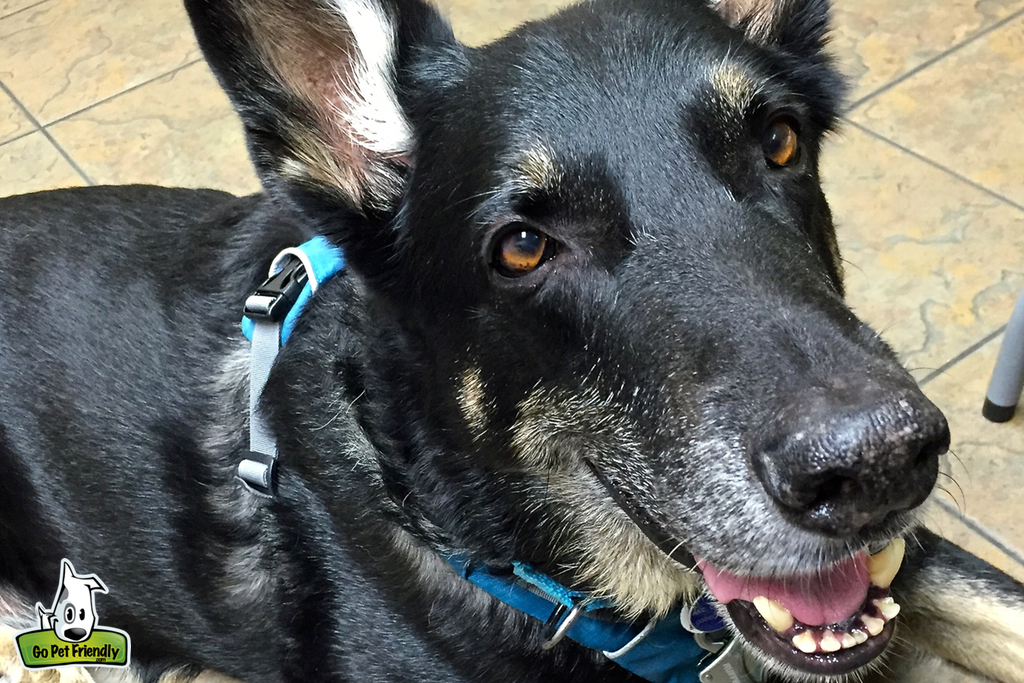
When we decided to meander more during the winter months, we started relying on friends' recommendations for veterinarians in their area. Since routine vet visits can be easily scheduled in advance, we find it only takes a little planning to locate a highly recommended vet wherever we are when the time rolls around for the boys' check-ups.
Urgent Veterinary Care
The majority of our veterinary visits are of a more urgent nature. These are not life-threatening situations, but ones that need to be treated within 24 hours. Ty's urinary tract infection and Buster's allergies both fell into this category -- the boys were uncomfortable, but their lives weren't in danger, so we had a little time to research the options.
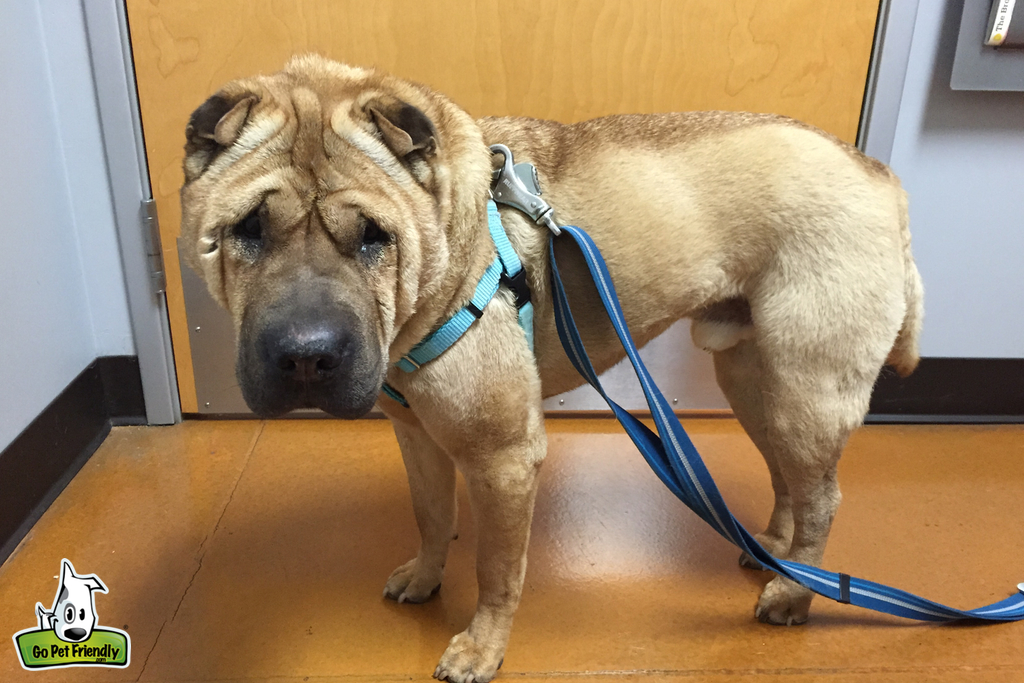
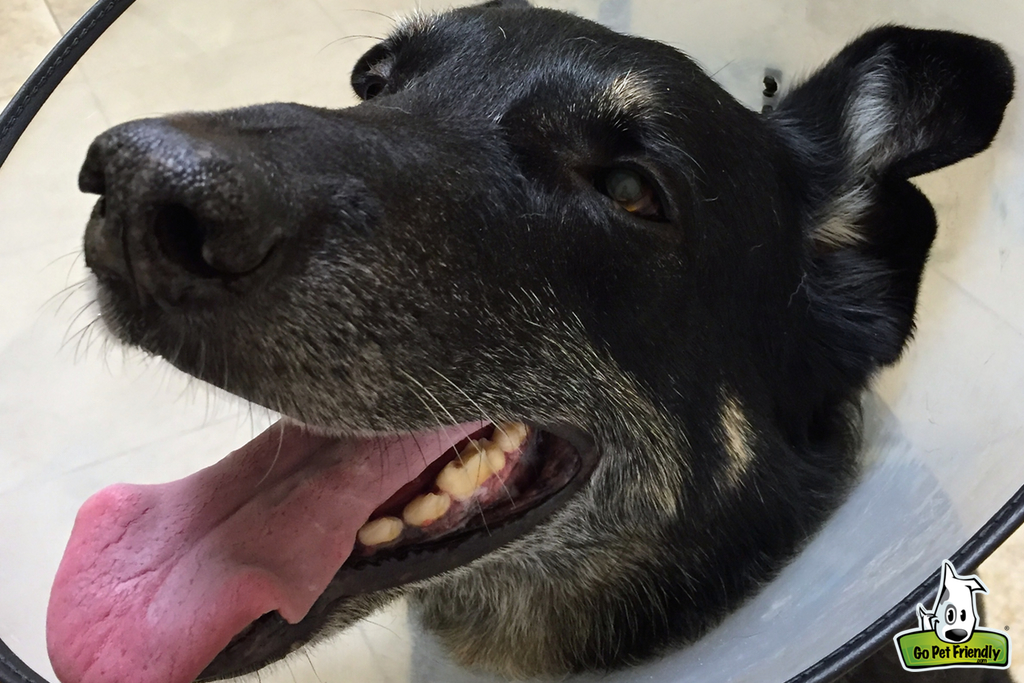
With urgent care, you may be dealing with a condition your primary veterinarian is aware of, so calling her is a good place to start. She might be able to recommend a vet where you're traveling, and it will also alert her that your pet is ill should the treating veterinarian phone her with questions.
If your home vet doesn't have a recommendation, check with staff at the RV park or campground where you're staying. If they don't have animals themselves, they've probably spoken to guests who've seen a local veterinarian and can point you in the right direction.
With that information in hand, search for local veterinarians online, focusing on any reviews they've received. If you see more than a couple negative reviews or any that are particularly disconcerting, move on to another option.
Critical Care
This is self-explanatory - these are life-threatening situations or ones that involve pain that needs to be resolved immediately. Unfortunately, we've had our fair share of trips to the emergency vet hospital - most recently when we discovered Ty had a dangerously high fever and need to be treated as soon as possible.
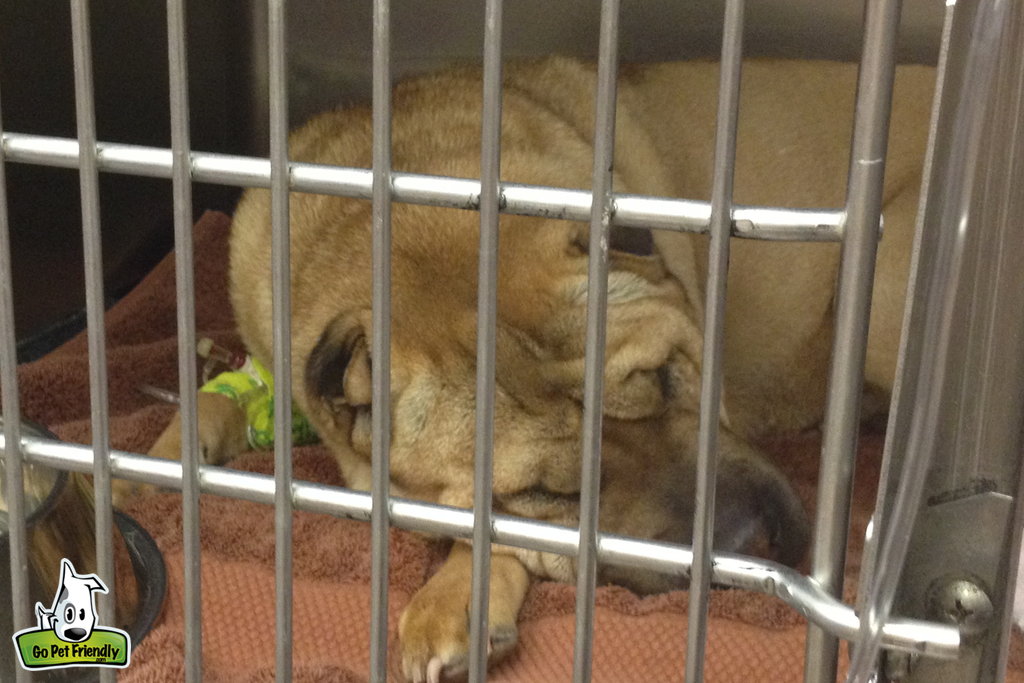
Your primary concern in an emergency situation will be having your pet seen as quickly as possible. Prepare in advance by locating the closest 24-hour veterinary hospital to your location shortly after arriving in a new place, and make note of the address.
The stress and emotions of knowing your pet is seriously ill or injured makes it difficult to think straight, so put together a small go-bag that you can grab as you're running out the door. Make sure you include these items:
- Your pet's complete medical records scanned onto a USB drive, so they can be easily read by the attending veterinarian
- The names and dosages of all medications and supplements, and the time you generally administer them
- Your regular veterinarian's telephone and fax number
- A muzzle that your dog has been acclimated to wearing
- A couple bottles of water, and a granola bar or other packaged snack to quell your hunger if you miss a meal
- An extra charger for your phone
- A paperback book that you haven't gotten around to reading
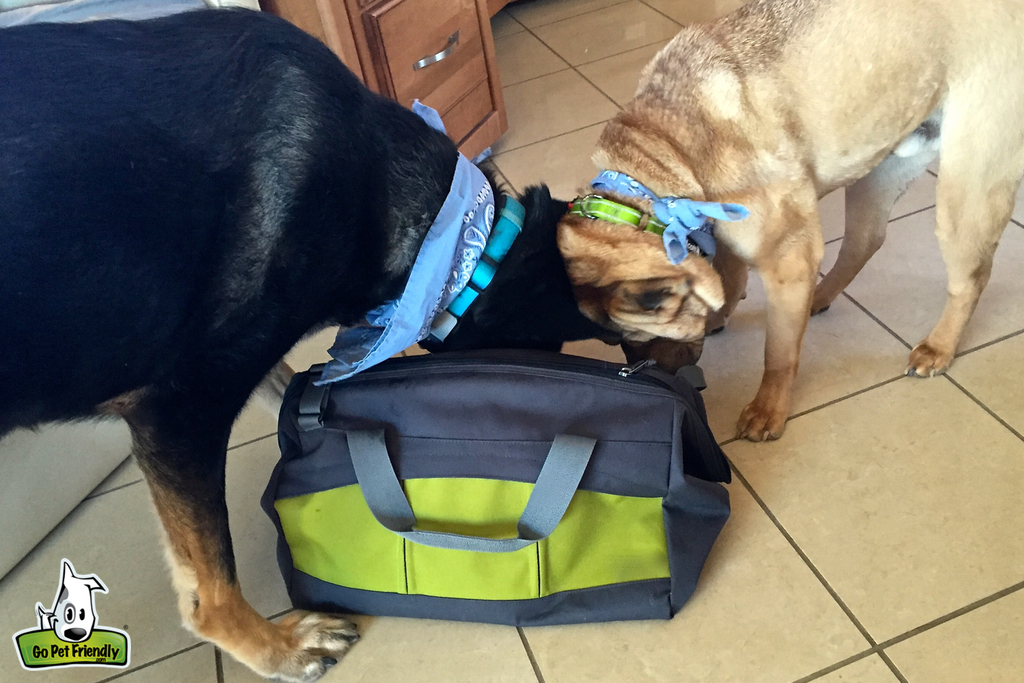
Veterinary Specialists
We've also visited a few veterinary specialists with Ty and Buster. A veterinary neurologist treated Ty's discospondylitis, and a veterinary ophthalmologist diagnosed Buster's corneal ulcer. Your treating veterinarian may send you to a specialist, but I located both of these docs by searching online. The specialists we saw required referrals from our veterinarian, but we received with just a quick phone call.
Follow-up After Your Visit
When you see any veterinarian, other than your primary care vet, ask for a copy of your pet's complete file after each visit, including any blood work results and doctor's notes. Scan this new information to the USB drive where you keep your pet's medical records and send a copy to your primary care veterinarian to keep her in the loop.
We hope this blog post works like an umbrella -- if you're prepared, you'll never need it!
Comments
Comments on this post are moderated, so they will not appear instantly. All relevant questions and helpful notes are welcome! If you have a service inquiry or question related to your RV, please reach out to the customer care team directly using the phone numbers or contact form on this page .